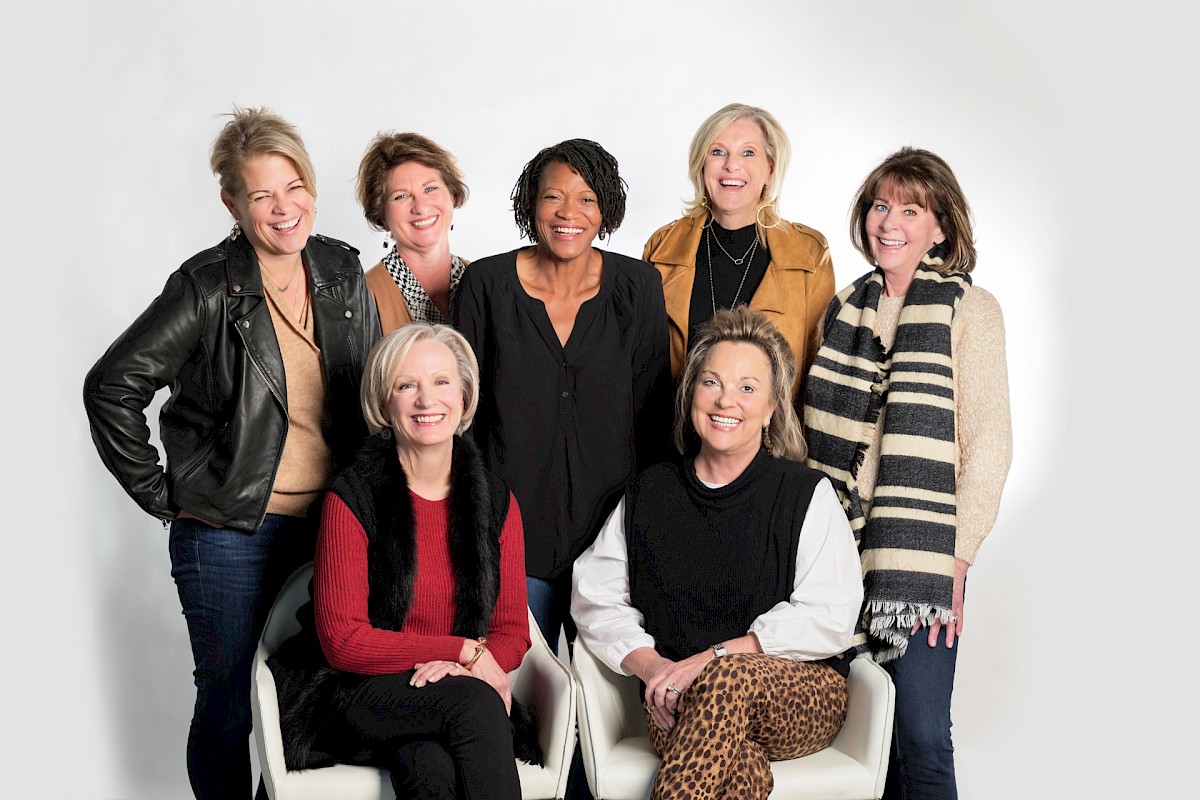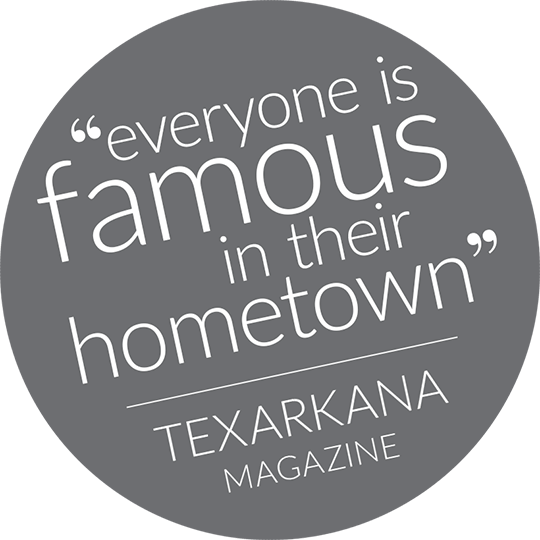My Drift
Don’t Call Me Karen
I have a friend who enjoys engaging in debates on social media. Because she is my Facebook friend, those debates usually show up on my feed. Recently, a participant in one of them made an unnecessarily biting comment to her, and I couldn’t resist pointing out that it was inaccurate and unfair.
“You’re missing the point, Karen,” was the reply.
“He called me Karen,” I texted my friend.
“LOL. That’s what they call any woman they disagree with,” was her reply.
I wasn’t amused. I didn’t even know this guy. I had never been called “Karen” before, and I was actually pretty surprised at how insulted I felt.
I would like to apologize up front to my many—and there are many—friends named Karen. They are all very nice people. I want to examine the “Karen” phenomenon, though, because I find it interesting and worthy of exploration.
Harking back to middle school, I recall that every word has both a denotation and a connotation. The denotation is the literal or primary meaning of the word; my eighth-grade English teacher called it the dictionary meaning. The connotation is the idea or feeling the word invokes.
The literal meaning of Karen is that it’s a once-popular given name for a female. A connotation has evolved, however, wherein it is “a pejorative term for an obnoxious, angry, entitled, often racist middle-aged white woman who uses her privilege to get her way or police other people’s behaviors.” My research with real people indicates the term has morphed into something much less specific. Karen doesn’t have to be middle-aged, entitled or white. She can be any age, race, or socio-economic class. She has some characteristics, however, that don’t vary.
What seems to be consistent is that Karen likes to call people out for not following the rules. On the flip side, Karen doesn’t always like to follow the rules herself. She will, however, ask to speak to the manager if she feels mistreated in any way. In addition, as if that weren’t enough, she’s decidedly narrow-minded.
So why do we call these annoying women Karen? There are several theories about how the name came to be used as a put-down. There was a character named Karen in Mean Girls who some think inspired the whole thing. Others believe it was a character in Goodfellas. The slur has been in use since 2016 and, judging from what I’ve observed among my Gen-X kids, isn’t going away anytime soon. One of them called a woman Karen for correcting her grammar incorrectly. Another used the name to describe a woman who asked if she was wearing a dress or a cover-up. (It was a cover-up being worn as a dress.) This was all done behind said women’s backs.
The only one I’ve caught calling anyone Karen to her face called me Karen when I asked if we could turn the music down. I threatened him with dis-inheritance if he ever called me that again.
The name Karen ranked in the top five baby girl names in the United States from 1957 until 1966, peaking in popularity at number three in 1965. That definitely explains why I have so many friends named Karen. They spell it all different ways—Karin, Karon, Karyn, and even Kaaren—but they are, without exception, lovely women. They are not entitled, obnoxious or bossy; they vary in age, and they’re racially diverse.
How do they feel about their name being dragged through the mud like this? Interestingly, one real Karen didn’t even know it was a thing. I warned her she might be called Karen for her lack of awareness.
A second actual Karen expressed a bit of frustration.
“When someone asks me my name, I’m almost ashamed to tell them,” she said.
“They even have T-shirts that say, ‘My name is Karen.’ And one that says, ‘I’m married to a Karen.’ I’m upset that they’ve hijacked my pretty name.”
Another Karen uses her sense of humor to cope. She won an ugly Christmas sweater contest with her “Nobody invited you, Karen” sweater.
“I don’t think I really fit the profile,” one more genuine Karen said, “but I have been known to be bossy.”
That comment made me stop and think. This particular person is good at organizing and will take charge when something needs to be done. I wouldn’t call her bossy; when it’s time to plan who brings what to supper club, somebody has to take the bull by the horns. Her name is Karen, but she isn’t a Karen.
In contrast, the proverbial Karen thinks she’s in charge of much more than just appetizer assignments. She thinks she’s in charge of everything. She also has an opinion about everything, and we all know how irritating that can be. Most of us only want to hear another person’s opinion if it lines up precisely with our own. Not to belabor Facebook, but I’m always amazed that no matter how benign an opinion someone offers there, somebody else will disagree. If you post a review of the delicious burger you had for lunch, somebody is going to comment that they really don’t care for hamburgers.
“It’s just my opinion; I could be wrong,” my husband is fond of saying. That points up another Karen trait. She’s never wrong, even when she is.
The Social Security Administration, which keeps track of such things, reports that only 438 babies born in 2019 were named Karen. The name was no doubt in a slump following its heyday, but one has to wonder if the Karen phenomenon was its death knell.
Come to think of it, one has to wonder about those 438 families who bestowed it upon their offspring in 2019.
Mind your own business, Karen.


